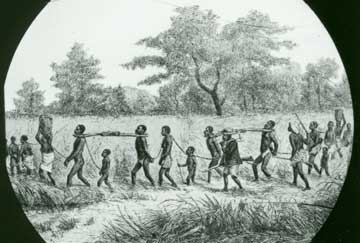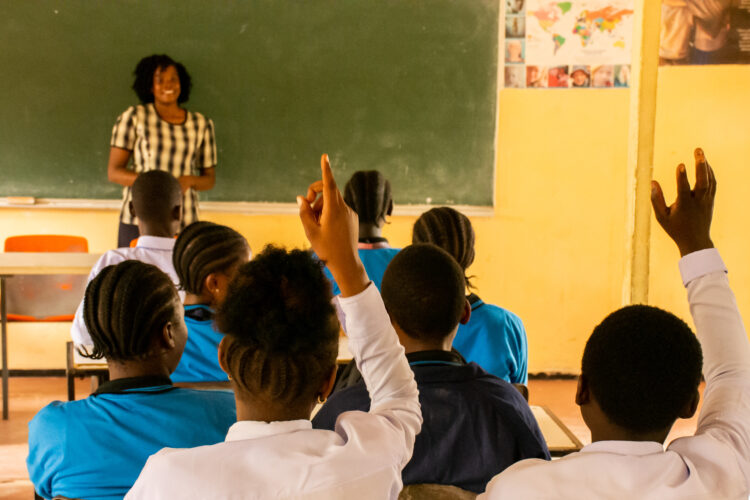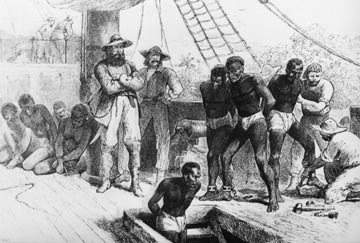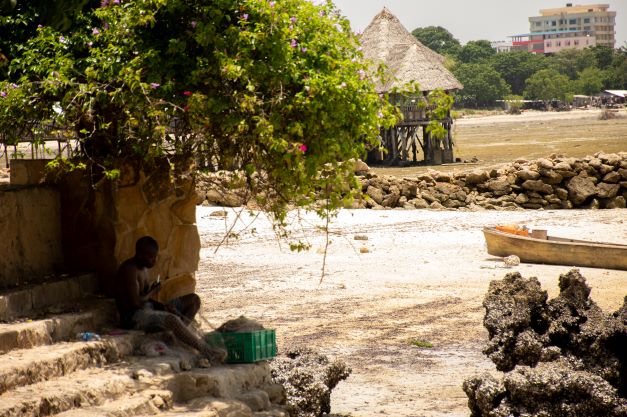Slavery resources

Speak out about modern slavery
We have a host of resources available for individuals, schools and faith groups
Download our free resources to help raise awareness of modern slavery in your communities
Joint submission to the UN Committee on the Elimination of all forms of Discrimination against Women – on the UK
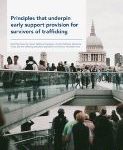
Places of safety: principles that underpin early support provision for survivors of trafficking
Red Cross, Anti-Trafficking Monitoring Group (ATMG), ATLEU, Human Trafficking Foundation.
The Anti-Trafficking Monitoring Group, along with The British Red Cross, ATLEU and The Human Trafficking Foundation have produced a list of 10 core principles in a new guide for services providing Places of Safety and early support for adult survivors. These 10 principles, when taken together, are the minimum standards that are required if Places of Safety are to meet their intended purpose. The principles are complementary and each one is necessary: the absence of any of the principles puts at risk the victim-centred nature of any service. Places of Safety need to be able to evidence their ability to operate a truly victim-centred service. Services should meet national and international legal standards and be able to demonstrate competence.
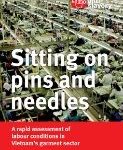
Sitting on pins and needles report
This report is a rapid assessment of labour conditions in Vietnam’s export-oriented textile and garment sector. The findings of the report, that highlight the risk of forced labour, child labour and child slavery, showcase the need for pan-European legislation that includes mandatory human rights due diligence at the EU level. As the second largest garment producer in Asia, and key trading partner of the EU, the Vietnam case was worth looking at. With Vietnam and the EU in the middle of negotiations on a future trade agreement, this study proves the EU should set higher standards for those it chooses to trade with.
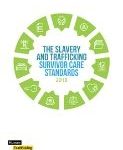
Trafficking survivor care standards
Human Trafficking Foundation (with input from the Anti-Trafficking Monitoring Group)
The trafficking survivor care standards were developed in conjunction with experts in the anti trafficking sector with the aim of providing a blueprint for uk-wide service providers offering high quality care to adult survivors of modern slavery, including trafficking. The standards provide a flexible framework with guiding principles and practical recommendations that support agencies can incorporate into their own existing policies and procedures. The ultimate goal is to promote an integrated, holistic and empowering approach that places the real needs of survivors at the centre of the process of sustained recovery, far beyond the ‘reflection period’.
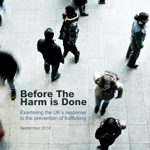
Before the Harm is Done: Examining the UK’s response to the prevention of trafficking
Anti-Trafficking Monitoring Group (ATMG)
The ATMGs report analyses action taken in the UK since 2012, relating to the prevention of human trafficking and the extent to which it contributes to the UK’s implementation of the 2005 Council of Europe Trafficking Convention and the EU Trafficking Directive requirements. The report concludes that the UK lacks an overall strategy to prevent trafficking in adults and children. The UK’s lack of strategic response means that prevention is often seen through the prism and policies of immigration and crime, hindering effective preventative action and leaving adults and children more vulnerable to exploitation.
August 2018: submission to the UN Committee on the Rights of the Child on Mauritania
A joint submission to the UN Committee on the Rights of the Child by Anti-Slavery International, Minority Rights Group and SOS Esclaves ) ahead of the Committee’s examination of the combined third to fifth periodic reports of Mauritania at the 79th session (17 September – 5 October 2018). It provides information on children in descent-based slavery and discrimination against Haratine children and other children of slavery descent in Mauritania.
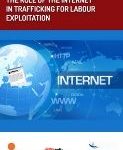
Fine Tune project Report: Trafficking for Labour Exploitation – The Role of the Internet
This report examines what role the internet plays in trafficking in human beings for labour exploitation. It considers in particular methods of online job recruitment and looks at cases studies from several EU Member States – Czech Republic, UK, Ireland, and Romania – and discusses to what extent the internet plays a role and if so, how significant the role of the internet is in facilitating human trafficking. The report is the result of the Fine Tune Project with International Trade Union Confederation (lead partner), Churches’ Commission for Migrants in Europe (Belgium) and Anti-Slavery International.
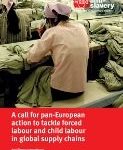
A call for pan-European action to tackle forced labour and child labour in global supply chains
This briefing for European policy makers outlines the increased risk of forced and child labour, in global supply chains of goods and services. It argues that extant national and EU law and policies are insufficient to eradicate slavery in supply chains, since they cover only specific sectors (such as conflict minerals or timber) or generic transparency requirements. Anti-Slavery International calls for a systematic, pan-European approach to tackling forced and child labour in global supply chains that includes binding due diligence, requiring businesses to proactively tackle human rights abuses throughout their supply chains.
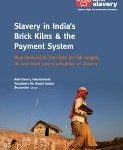
Slavery in India’s Brick Kilns & the Payment System: way forward in the fight for fair wages, decent work and eradication of slavery
Report revealing shocking levels of debt bondage and child slavery in brick kilns across Punjab. The report found that the recruitment and payment systems underpin this cycle of slavery, trapping seasonal migrant workers in bonded labour year after year, leaving women unpaid and not treated as workers, and encouraging child labour. It identified changing the piece-rate payment system into a time-based one, where workers are paid individually and regularly, as a systemic change that would help break the cycle of bonded and child labour.
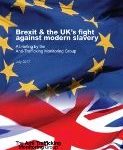
Brexit & the UK’s fight against modern slavery
Anti-Trafficking Monitoring Group.
The following paper considers the potential impact of the UK’s withdrawal (‘Brexit’) from the European Union (EU) on efforts to tackle modern slavery. The purpose of this briefing is to review the extent to which the UK’s membership in the EU has influenced national anti-trafficking efforts, and consider if and how Brexit may impact the UK’s ability to combat modern slavery and protect its victims. Where possible, recommendations have been made on the steps to take to mitigate any potential risks posed by Brexit to UK anti-trafficking efforts.
